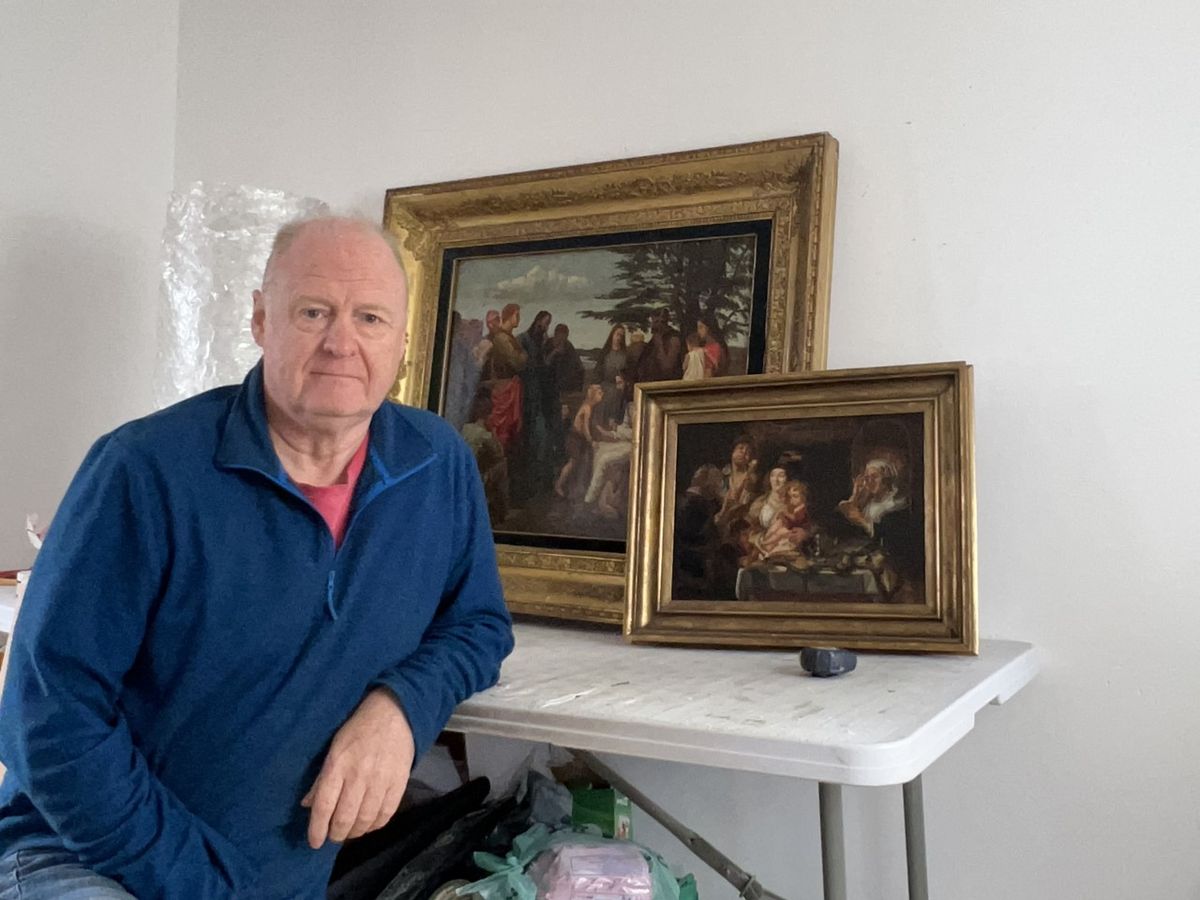The British dealer Steve Shovlar has been selling art for the past 15 years. He mainly deals in Old Master paintings priced between £100 and £1,500—not enormous sums, but enough for his small business to be worth £1m.
But, he says, his firm is now “in ruins” thanks to Brexit. And he sees “no way out”.
Since the UK left the EU on 31 January 2020, Shovlar’s income has dropped by 60%. He says trade with the EU, where 99% of his clients are based, is now “virtually impossible” and the 30 to 50 sales he was making a week have dwindled.
Before Brexit, selling to European collectors “was just like selling to a customer in Hull”, he says, but now Shovlar has to fill out multiple invoices and customs declarations, while shipping delays of around four to six weeks are not uncommon.
As he puts it: “A parcel costing £14 inc VAT to Italy before Brexit now costs £22 with no VAT. Instead of a customer receiving the painting and hanging it on their wall, they receive a customs notification demanding import duty, handling fee and 20% VAT before they get it. Approximately €230 extra for a €1000 item.”
Collectors and other dealers who would routinely buy “hundreds” of paintings from Shovlar now tell him “it’s just not worth the hassle”.
With the added costs and onerous red tape, Shovlar says he can no longer compete with dealers in the EU. “Brexit has wrecked small businesses trading with Europe,” he says. “Why on earth would an EU citizen buy from a UK business when it entails extra expenses and delays? Brexit has made trading with our closest customers extremely challenging and I am sure I am just one of many thousands who have had the heart ripped out of what was once and very successful and lucrative small business.”
The only solution, Shovlar believes, is for the UK to rejoin the customs union or for a better trade deal to be struck with the EU. “At the moment these trade barriers are killing our business,” he says.


